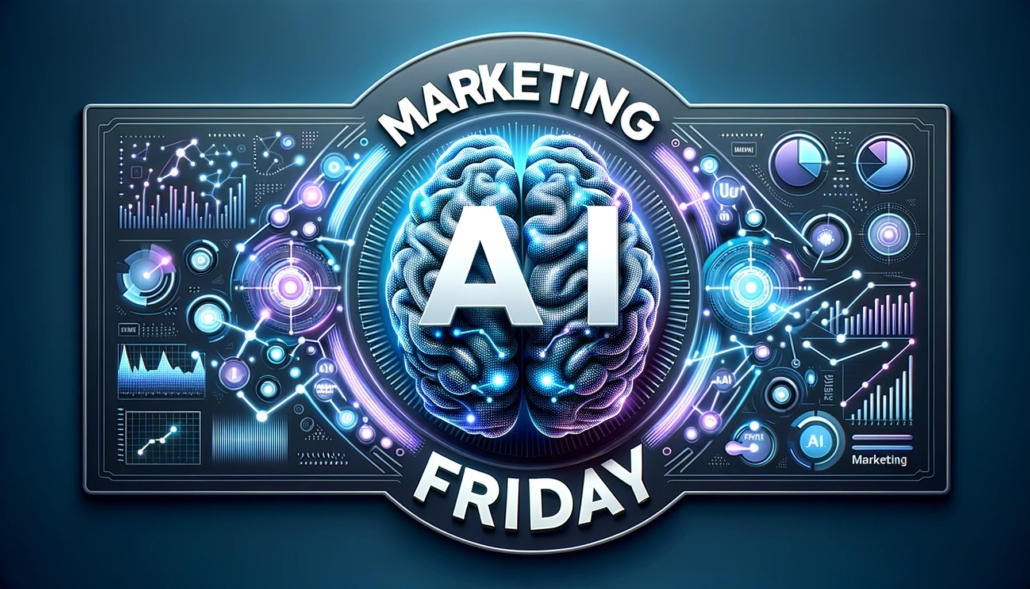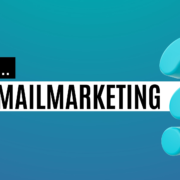What is direct marketing?
Direct marketing is a form of marketing in which companies communicate directly with their target audience, without the intervention of traditional media channels such as television, radio or print. The goal of direct marketing is to elicit a direct action, such as a purchase, a request for more information or a subscription to a newsletter. This personalized approach allows companies to tailor their message to the recipient's needs, often resulting in higher engagement and better conversion.
How does direct marketing work?
Direct marketing is all about having personalized messages to your specific audiences. Instead of deploying a broad marketing campaign and distributing it to an unknown mass, direct marketing focuses on reaching people who have already expressed interest in a product or service or who fit into your target audience. Companies can use a variety of channels to communicate this message, including e-mail, physical mail, text messaging, and telemarketing.
Email Marketing
A common form of direct marketing is e-mail marketing. This involves sending emails to a selected group of recipients, such as existing customers or people who have signed up for the newsletter. Emails can contain promotions, as well as updates, personalized offers or event invitations. Because e-mail campaigns are easily personalized, companies can tailor their message to the recipient's interests.
Physical mail
Another form that has been especially popular in the past is physical mail, where mail is sent to customers or prospects. Examples include brochures, coupons or personalized letters. Direct mail can be effective in building strong relationships with customers but it also has drawbacks, such as higher costs and a negative impact on the environment due to the use of paper and transportation.
Telemarketing
Telemarketing involves contacting potential customers by phone, with the goal of making a direct sale or generating leads. Although telemarketing can sometimes be perceived as intrusive, it can be an effective way to offer more complex products or services because the conversation can directly address the customer's specific questions and concerns.
The benefits of direct marketing
One of the biggest advantages of direct marketing is its targeted approach. Instead of sending a broad message to a large group of people, you can choose specific audiences who are likely to be interested in your product or service. As a result, the likelihood of response is much higher. Because direct marketing is often personalized, the recipient feels more engaged with the message, which increases the effectiveness of the campaign.
In addition, direct marketing offers the ability to measure results directly. With digital forms such as e-mail marketing or text messaging, for example, you can track how many people open your message, click through on a link or respond. This measurability allows companies to quickly adjust or optimize campaigns based on results.
Direct marketing and customer relations
In addition to getting quick insights and responses, direct marketing also plays an important role in building long-term customer relationships. By staying in regular contact with your target audience, you can build customer loyalty and keep customers engaged with your brand. This is especially important in industries where repeat purchases are key, such as retail or service industries.
The role of data in direct marketing
An important part of successful direct marketing is the use of customer data. By analyzing customer data, such as previous purchases, website visits or preferences, companies can create targeted campaigns that better meet the needs of their target audience. This is especially effective when segmenting your customer base, so that you approach new customers differently than loyal ones, for example.
In practice, obtaining good data insights is often a major challenge for companies. Data from various online channels must be carefully collected, analyzed and converted into usable actions, which can be time-consuming and complex. That's why we developed our Next Level dashboards. These dashboards give you real-time insight into visitor behavior, making it easy to use the right data for personalized marketing campaigns.
The future of direct marketing: integration with AI
Direct marketing is constantly evolving, and one of the latest trends is the integration of artificial intelligence (AI). By applying AI in direct marketing, companies can personalize and automate campaigns even further. For example, AI can help predict customer behavior and send the right message at the right time.
Take a leap forward in your marketing AI transformation every week
Every Friday, we bring you the latest insights, news and real-world examples on the impact of AI in the marketing world. Whether you want to improve your marketing efficiency, increase customer engagement, sharpen your marketing strategy or digitally transform your business. 'Marketing AI Friday' is your weekly guide.
Sign up for Marketing AI Friday for free.










